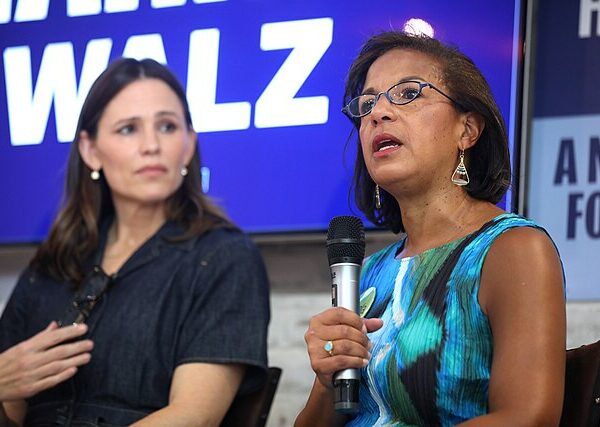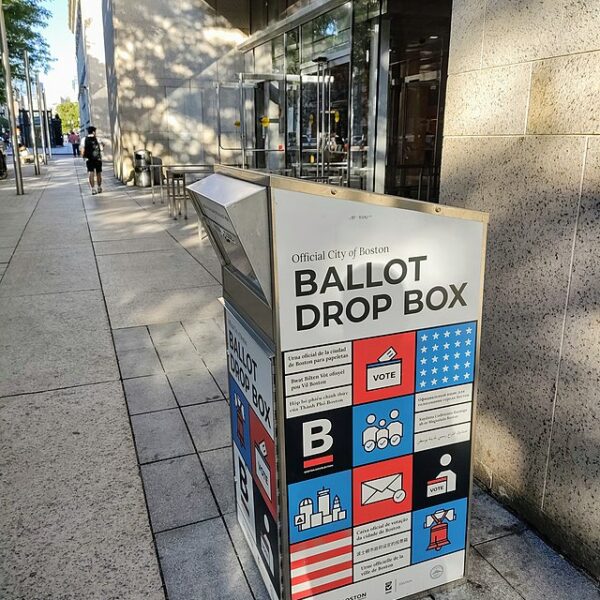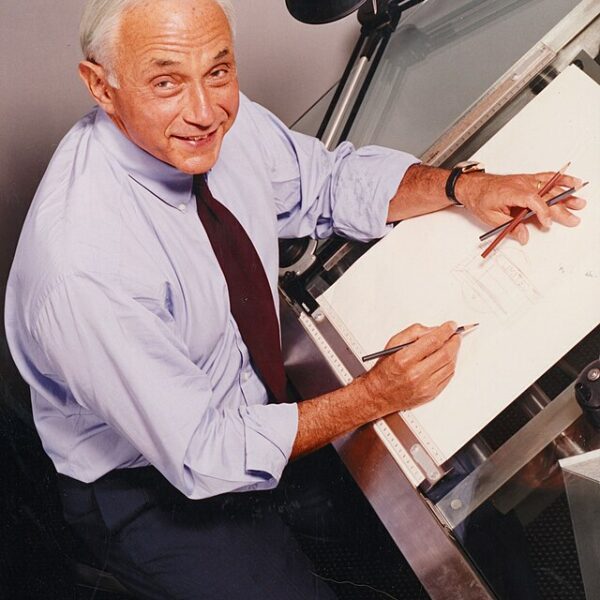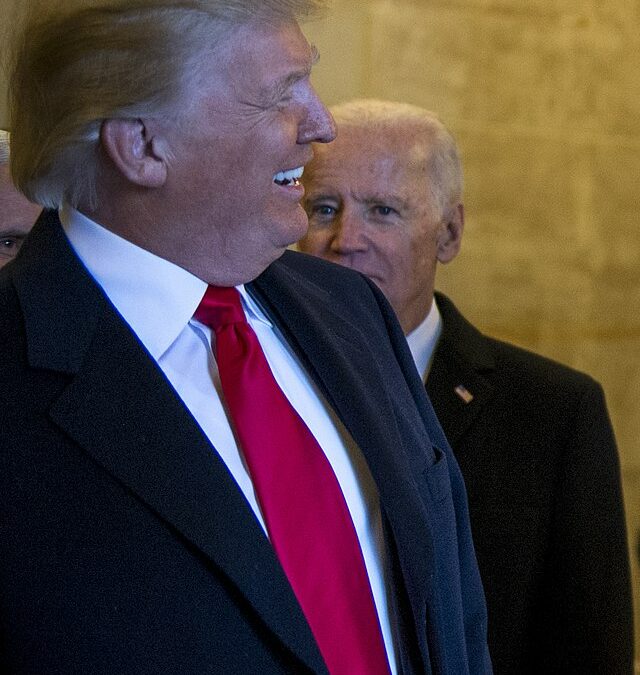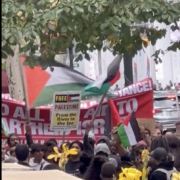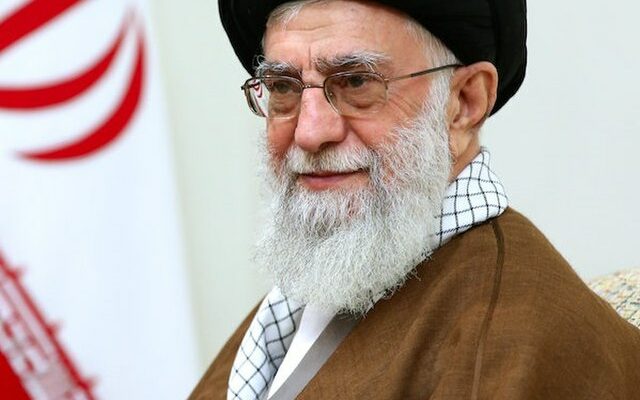
Iran’s Foreign Minister Abbas Araghchi issued a blunt rejection of renewed U.S. diplomatic overtures on Friday, insisting that no negotiations could proceed while Israeli military operations against Iran continue. His remarks, aired on Iranian state television, come on the eve of high-stakes nuclear talks with European powers in Geneva.
“The Americans have repeatedly sent messages calling seriously for negotiations,” Araghchi said. “But we have made clear that as long as the aggression does not stop, there will be no place for diplomacy and dialogue.” The Islamic Republic’s chief diplomat is due in Europe for meetings with his British, French, German, and EU counterparts.
President Donald Trump, who has pursued a nuclear agreement with Tehran since the start of his term, has yet to weigh in publicly on the latest developments, though administration officials say the door to talks remains open.
European officials, meanwhile, are urging restraint amid fears that the conflict could spiral into broader war. British Foreign Secretary David Lammy called the current moment a “critical opportunity” and warned that without immediate de-escalation by both Tehran and Jerusalem, the window for diplomacy may soon close. Talks in Geneva are expected to focus on Iran’s advancing nuclear program—a persistent point of contention between Tehran and the West.
That appeal arrives against the backdrop of Israel’s intensifying military campaign, noted The Times of Israel. Prime Minister Benjamin Netanyahu, in a rare Hebrew-language interview Thursday night, claimed that the Israel Defense Forces have already destroyed more than half of Iran’s missile launchers and inflicted heavy damage on its internal security forces. Declaring the operation “ahead of schedule,” Netanyahu vowed to strike all of Iran’s nuclear facilities—including the fortified Fordo site—regardless of American involvement.
Araghchi’s trip to Geneva—his first diplomatic mission abroad since the strikes began—coincides with an emergency session of the United Nations Security Council, convened at Tehran’s request and supported by Russia, China, and Pakistan. Iran hopes to rally international condemnation of what it calls Israeli aggression. But as European leaders press for calm, few believe Iran will return to the negotiating table absent a ceasefire.
Netanyahu has signaled no intention of backing down. He has framed the campaign as both a strategic effort to block Iran’s nuclear ambitions and a broader assault on the so-called “Iranian axis.” The elimination of top Hamas and Hezbollah commanders, he said, marks the beginning of the collapse of Tehran’s regional network. “What does Iran have left?” he asked. “This operation has been in planning for many months.”
Concerns over Araghchi’s safety during his travel prompted Iranian officials to announce that multiple governments had provided security assurances. State media emphasized that Israel had been warned not to interfere with the minister’s passage—an indication of the precarious state of even routine diplomacy.
Inside Israel, Netanyahu has cast the operation in existential terms. “We’re going to do this, because we have no choice. We will not allow 3,500 years of Jewish history to come to an end because of this deranged ayatollah,” said Netanyahu.
On Thursday, Trump said that he’d be making a decision about America joining Israel’s efforts within two weeks, hoping to give Iran space to negotiate a peace.
[Read More: Blue Collar Wages On The Rise]

